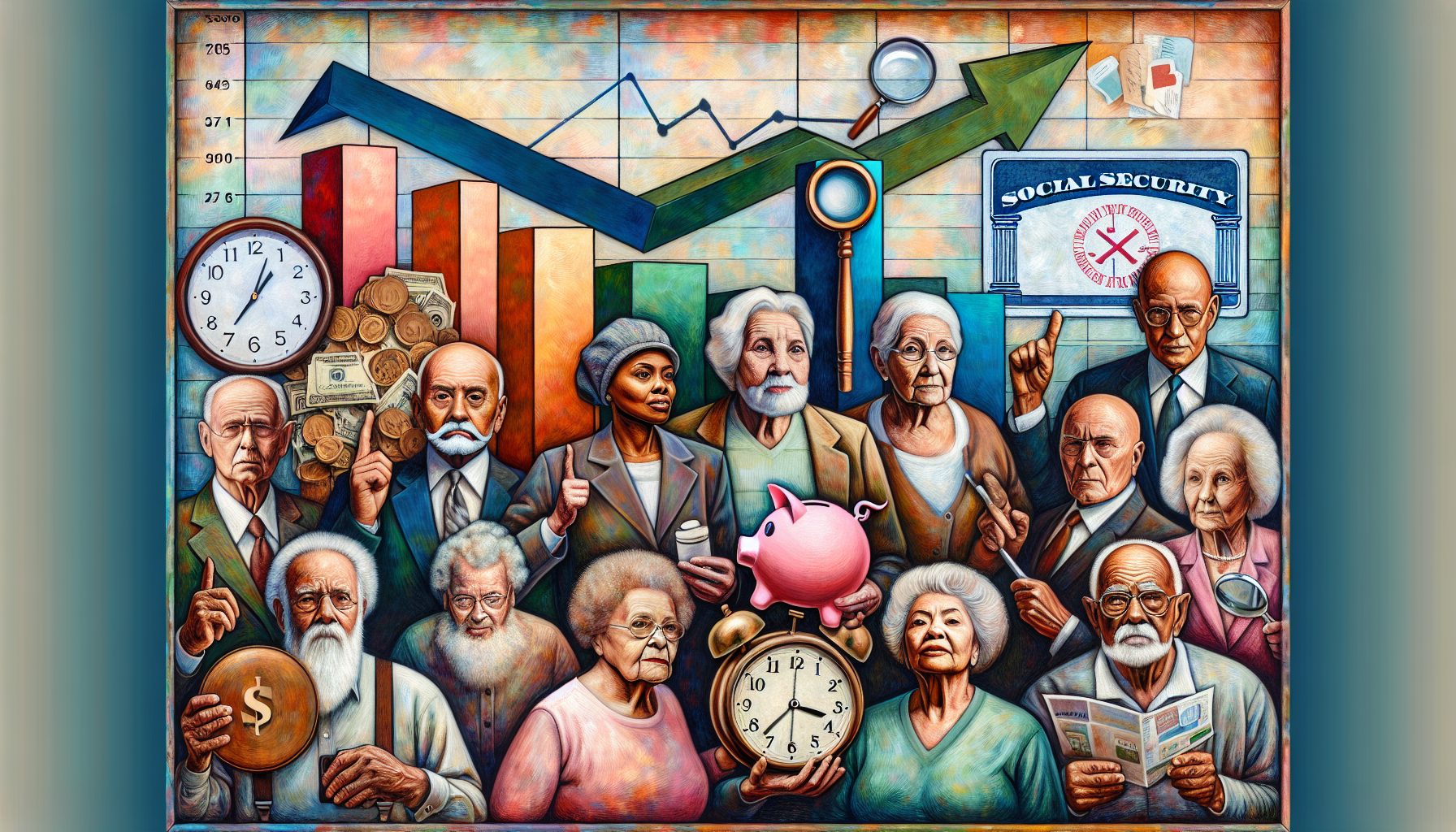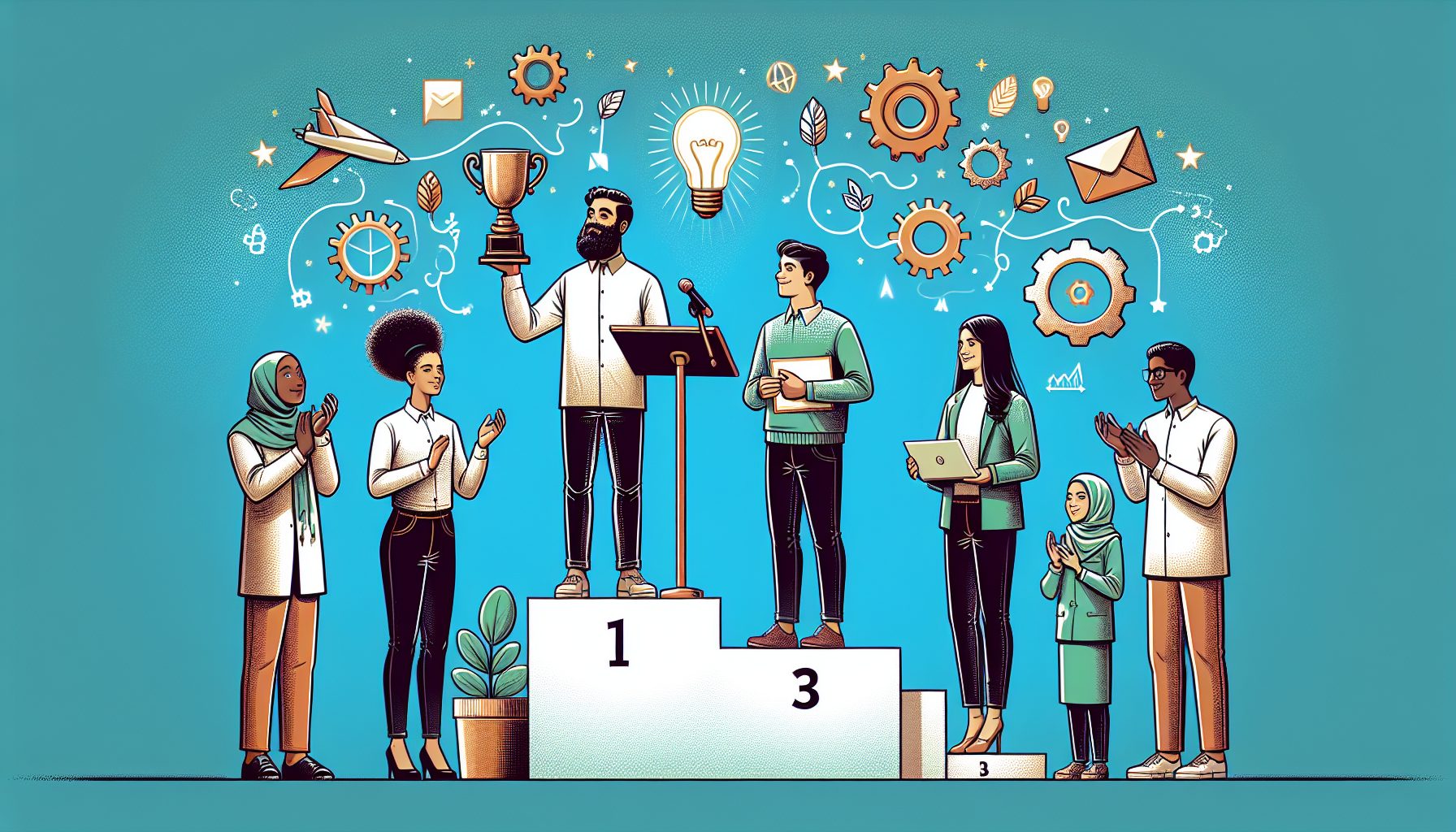The recent Strata Data Conference in New York City represented the latest evolution of Strata conferences. The focus, of course, was still on data in all its forms, but the conference also encompassed data science, advanced analytics, artificial intelligence (AI), the internet of things (IoT), algorithms and next-gen applications. The diversity of technologies covered at the event resulted in lively conversations—both in the sessions and on the show floor.
Analytics was a key technology highlighted at the conference. In one of the keynotes, Jer Thorpe, an adjunct professor at New York University, urged companies to let their employees start using data in their own way. Companies generally want workers to “look at data from afar,” he said, “but they need to let people get close to the data, so they can get better at working with data and analytics.”
“We need to bring analytics to the data and not the other way around,” said Robert Thomas, general manager, IBM Analytics. “We also need integrated analytics—seamless integration—that includes public and private clouds and unstructured data sources.”
“We should have a data culture and decentralize data science,” he added. “Then we can use analytics at the edge and gain a competitive advantage.”
AI Will Be Everywhere
One of the keynote presenters, Nikita Shamgunov, co-founder and CEO of MemSQL, said AI will teach databases to learn, resulting in “simple, reliable, scalable, transactional and adaptable databases. AI will be everywhere—not just in apps, but in databases and infrastructure too.”
There are growing use cases of AI and data analytics, pointed out Ziya Ma, vice president of Intel’s Software and Services Group. She spoke about the importance of machine learning and distributed deep learning.
One of the use cases highlighted at the conference was UNICEF. Manuel Garcia-Herranz, the organization’s chief data scientist, said the increasing amount of data around the world is causing challenges for UNICEF, which needs to prepare for and track epidemics and natural disasters.
“We need to create new data systems for the most vulnerable populations,” he stressed. “We need engagement and empathy for those people, and we need to provide networks and data that can help during disasters and epidemics.”
Clearly, technology can be a huge help in dealing with human crises, but it can also cause crises, according to keynote presenter Cathy O’Neil, a mathematician and professor, and the author of Weapons of Math Destruction. She states that data-driven algorithms and AI are increasing inequality in our society because they are not objective: Whether consciously or subconsciously, they incorporate the opinions and biases of the data scientist.
“These algorithms are involved in making important decisions about a lot of people,” O’Neill pointed out. “They are scoring people who are applying for mortgages, jobs, etc. They are hurting individuals and society. It’s the weaponization of mathematics.”
O’Neill stressed that our industry needs to think about the ethical responsibilities of data scientists and establish standards to ensure that all algorithms are fair and equitable.
Another Take on Diversity
In addition to the tech diversity at Strata, there was also gender diversity displayed at the conference. Like most technology conferences, there were many more men than women at Strata, but the women had a strong presence, and quite a few of the presenters were women
In addition, a few hundred women completely filled the room at the Women in Big Data lunch sponsored by Intel and Cloudera. The goal of WiBD, which has more than 3,000 members, is to attract more women to the big data and analytics field, to offer educational opportunities and to provide a community that can help them stay in the tech industry, which is an ongoing issue.
One of the speakers at the lunch, Rebecca Bilbro, lead data scientist at ByteCubed and an adjunct professor at Georgetown University, predicted that text data will be the next frontier in big data. “Natural language encodes things about the human experience that we cannot find elsewhere,” she said. “It’s not about rules; it’s about context.”









